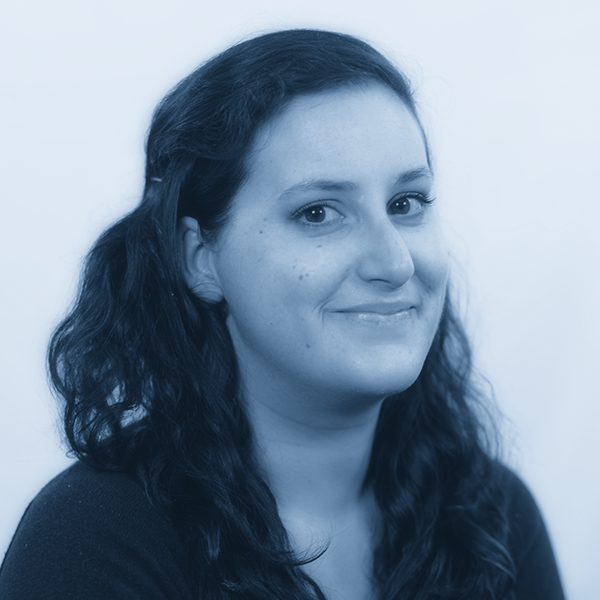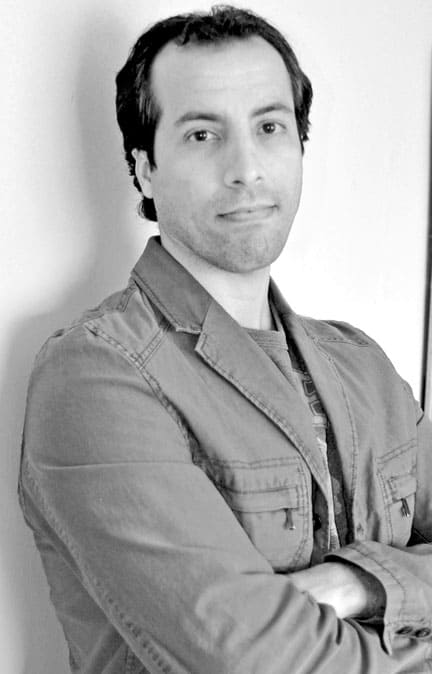Previously showcased at Summerworks in Toronto, Canada’s largest juried performance festival, University of Waterloo professor Amir Al-Azraki’s The Widow takes the stage for a one-night-only performance in Waterloo at the end of the month.
![Amir Al-Azraki’s The Widow follows the story of a widow in Iraq who falls for a young teacher. It plays for one night only at the University of Waterloo on Mar. 31.[Submitted]](https://www.observerxtra.com/content/images/wp-content/uploads/2015/03/post_arts_widow.jpg)
Al-Azraki, who lectures in the Islam department, came to Canada from Iraq in 2007. He started writing plays in late 2008, like this one which is based primarily in his home country.
“I actually witnessed this story,” Al-Azraki said. “It’s not my story but one of my colleagues. I used to teach at the university there. This story happened when I was there to one of my colleagues so I was a witness, a very close witness to that story.”
The play follows Nour, a widow from the 2003 Iraq War who has an affair with Samir, a young teacher. He leaves the country after being threatened by a militia group and winds up in Canada as a refugee. Eventually he returns to Iraq to be with Nour.
He says it was essential for him to address the issue of oppression of women, particularly in Iraq.
“I think it’s important and different from most of the plays written about the Iraq war,” Al-Azraki said. “I’m different because I believe the main problem is not with the invasion. I believe it’s the society itself, our society and the people who are responsible for the things happening in Iraq. We try to blame Americans for everything we have here, for the division, the corruption, the violence, which is not true.”
Al-Azraki was privy to many other stories in Iraq, as he worked not only as a teacher, but a fixer and translator for foreign journalists there to cover the post-war events. Those stories inspired him to write about the reality of living in Iraq, and the issues that persist.
“I witnessed a lot of stories and things that happened that I feel I need to show these stories to the world, and to write about them, just personal and human stories that need a lot of attention,” Al-Azraki said. “My working with journalists was actually very useful and at the same time it was an avenue that I can remember most of the horrible stories that I witnessed as a translator and a fixer. I’m trying to write about them now.”
He attempts to depict the fragile social construction of the country, while touching on a bevy of topics like love, hope, female sexuality, abortion, immigration, and refugee employment.
Some of his other plays include Waiting for Gilgamesh: Scenes from Iraq, Courage: A Monologue on Nonsense, and Stuck, which were produced in Boston, the University of Toronto, and the University of Basra, Iraq.
The characters in the play are Arabs, as are many of the cast members. But this doesn’t mean they completely understand the culture.
“The difficulty is even though we have actors whose backgrounds are Arabs, they don’t speak Arabic, but their family they are Arabs, the problem of relating to that context and understanding it fully was problematic,” Al-Azraki said. “But they did a very good job at the end and I’m very happy with their acting and their integration into identifying with their characters as well.”
He says the play is different from your typical Arab story because it tackles difficult subjects. It references questioning the belief in heaven or hell described in the Quran, for example, somewhat of a taboo idea. The play received rave reviews at Summerworks, and he notes they had almost a full house for the 10 days of productions.
“I think blaming Americans for the chaos in the country for me became a cliché exhausted by the media and politicians, when really it’s pragmatic reasons,” Al-Azraki said.
The Widow will be performed on March 31 at 6:30 p.m. at the Theatre of Arts, at the University of Waterloo. Tickets are free for students and $12 for non-students. Students can reserve their seats online.









